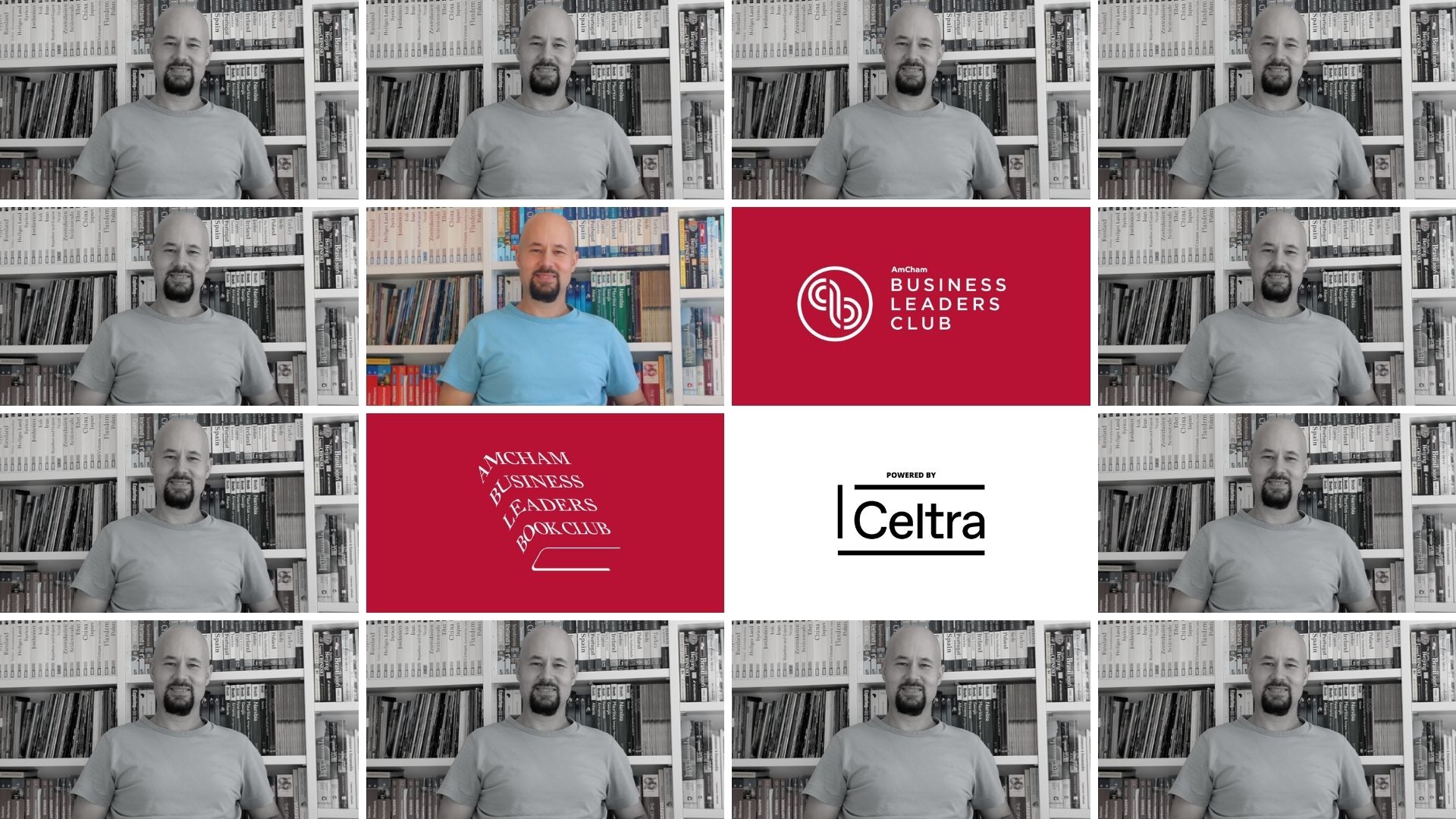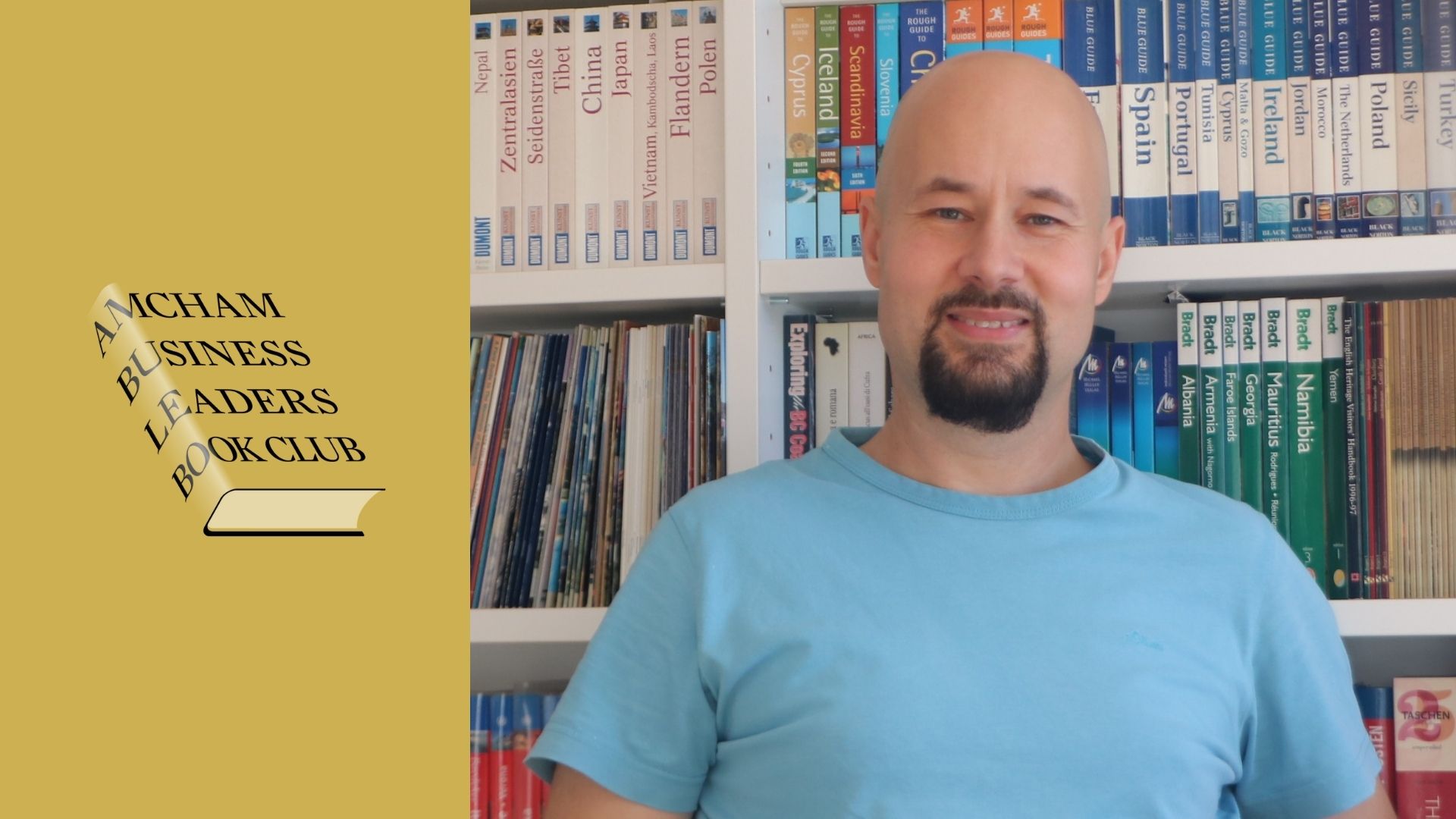Krištof, what does reading mean to you?
On one hand it’s just a way to spend my free time. After all, with nothing to read I’d be bored, but having something to read makes the chance of boredom much less likely. On the other hand reading just teaches me so much, even though I realize that I forget a lot. It’s happened that I’ve gotten to the end of the book just to find (my) checkmark [ed. he puts a checkmark at the end of every book that he’s finished]. I generally don’t read fiction or literature, and off the clock there isn’t much chemistry or other scientific reading within my area of expertise. I love reading travelogues – even for places I’ve never been to and probably never will. Right now, for instance, I’m reading Popotnik po Rožu [ed. a travelogue through Austrian Rosental]. I’m also reading books that have piled up at our house (we have some 2,000 novels in the attic that my grandfather collected. Both of my parents are collectors, more of historical books and contemporary fiction. I’d guess we have about 10,000 books at home, of which 2,000 are mine – I mostly get books on vacation – these are travel memoirs, or books about local art and architecture. Books with no pictures or illustrations don’t easily hold my attention, as I consider books a means of travelling virtually. Those books that I have at home, I have a relationship and emotional attachment to them; I like each and every one of them.


